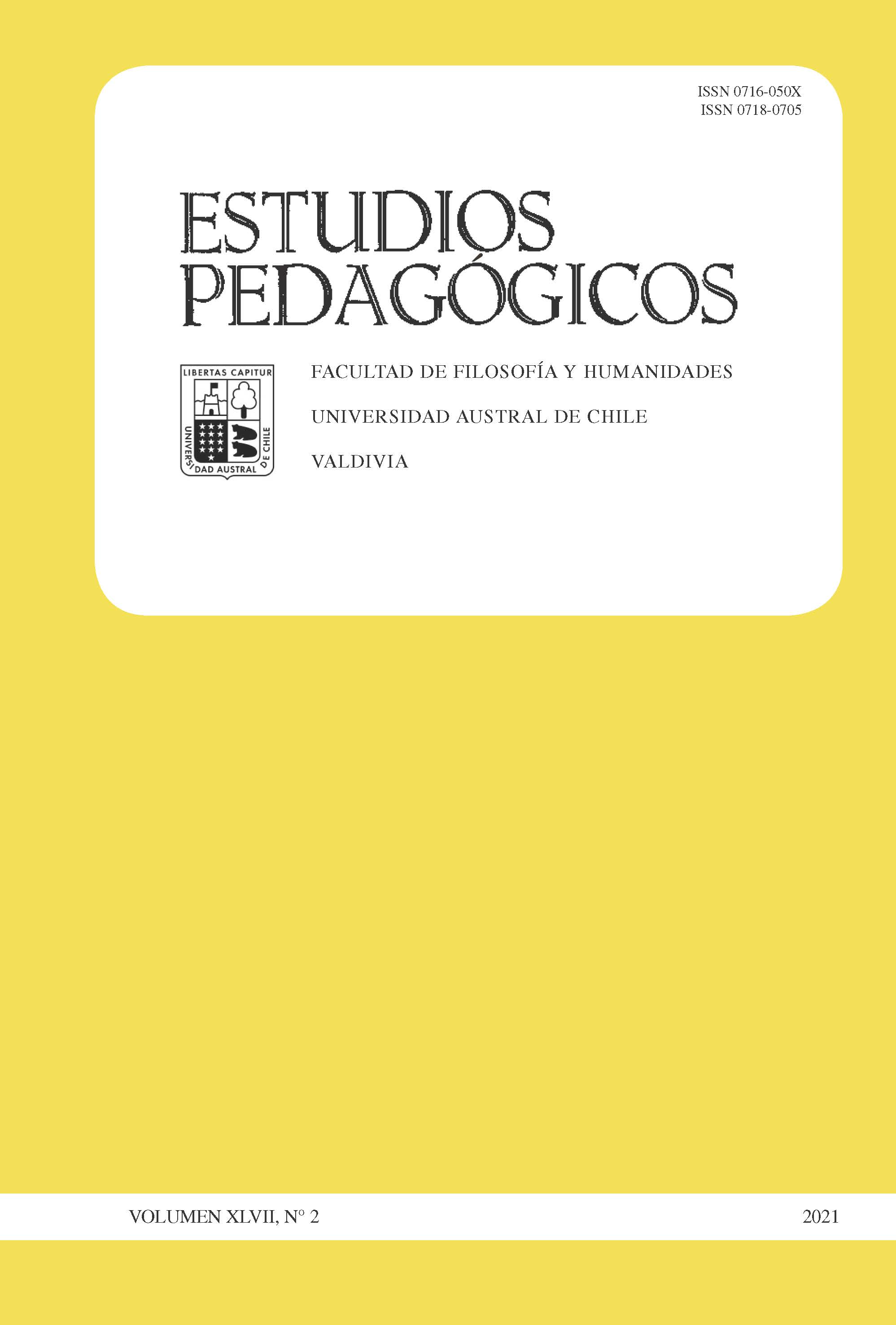How is the school coexistence constructed in the Montessori education? A case study from a Montessori school in Valparaíso, Chile
Main Article Content
Abstract
Montessori education is a pedagogical perspective centered in the integral development of children, who must construct their own learning. In this perspective, the engagement of the individual to the group is fundamental. For that reason, an appropriated school coexistence is crucial. International research suggests that Restorative Justice paradigm is a successful way to improve the school coexistence. This qualitative research seeks to investigate and collect elements that allow establishing how it is built the school coexistence in a Montessori school from Valparaíso, Chile, through perceptions from children and teachers. The findings emphasize the main aspects which are the development of autonomy, adaptability and self-esteem by children; the passive role of Montessori teacher; and the conflict resolution by a restorative strategy named “Círculo de Emergencia”.

